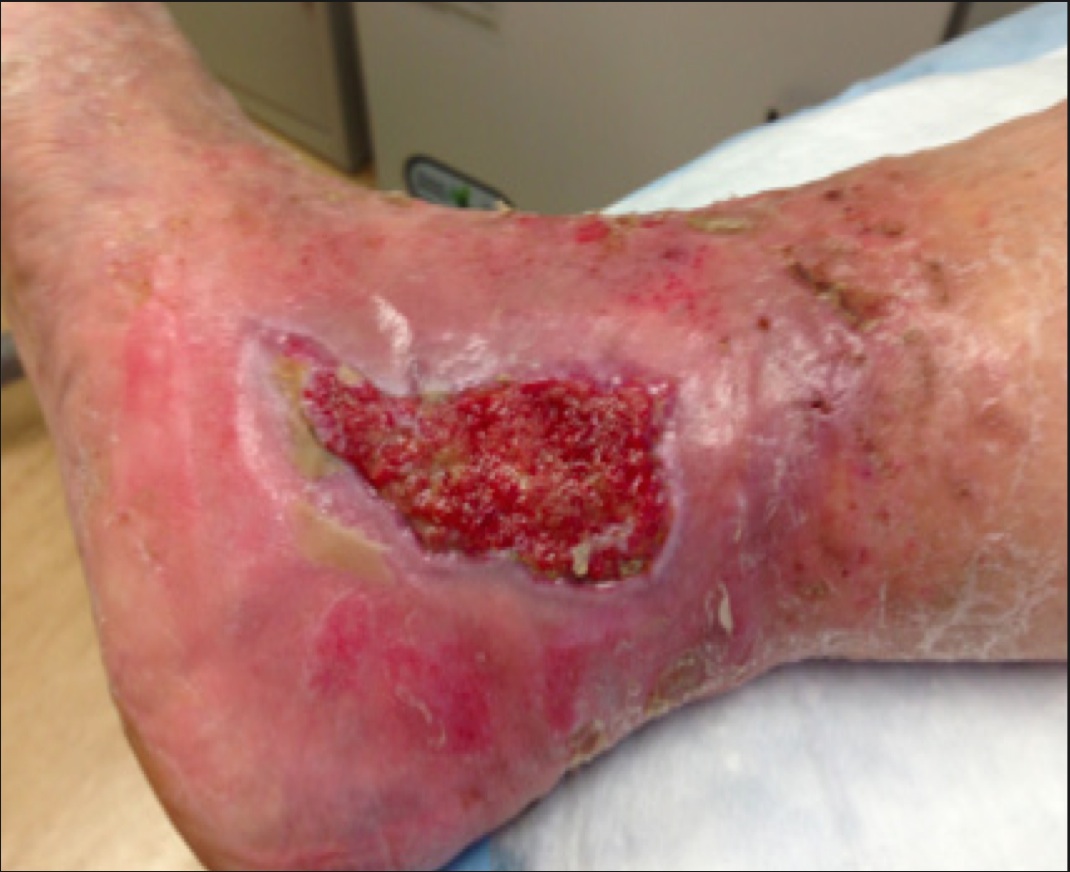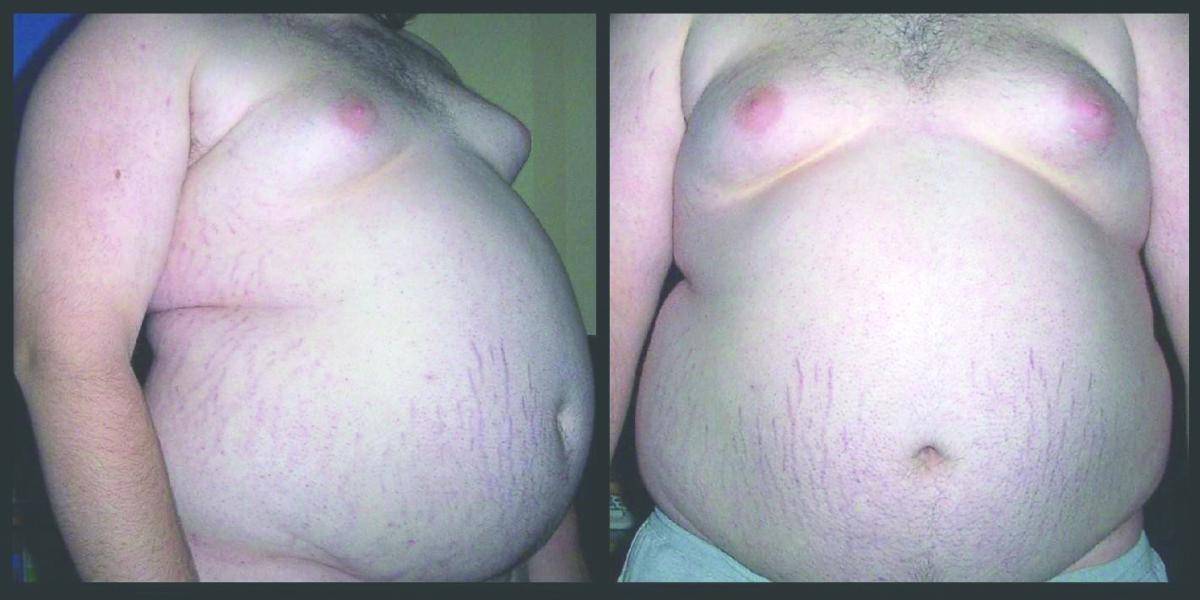Counseling Wound Care Patients On Nutrition And Supplements
Nutrition can be a key factor in healing chronic wounds. These panelists discuss how to address nutrition and weight loss with wound care patients, and share recommendations on nutritional supplements.
Q:
Do you counsel your patients regarding nutrition for wound healing purposes?
A:
All three panelists discuss nutrition with their wound care patients. Nutrition counseling is a regular part of patient assessment and wound care for James McGuire, DPM. However, he will refer patients to a nutritionist or their primary care provider for specific advice on dietary alterations. He frequently prescribes or recommends nutraceuticals for neuropathy in patients with diabetes and also as alternatives to anti-inflammatory medications.
 Kazu Suzuki, DPM, CWS, notes it is common sense to believe “you are what you eat” and that patients cannot expect a robust process of wound healing without consuming enough calories and protein. He often instructs patients to err on the side of overeating (as opposed to dieting to lose weight) while they have open wounds. In the simplest terms, Dr. Suzuki asks his patients to eat more protein (such as lean meats, fish, or tofu) or take other protein powder supplements. He says the goal is for most of his patients to consume 80 to 100 grams of protein per day for optimal wound healing.
Kazu Suzuki, DPM, CWS, notes it is common sense to believe “you are what you eat” and that patients cannot expect a robust process of wound healing without consuming enough calories and protein. He often instructs patients to err on the side of overeating (as opposed to dieting to lose weight) while they have open wounds. In the simplest terms, Dr. Suzuki asks his patients to eat more protein (such as lean meats, fish, or tofu) or take other protein powder supplements. He says the goal is for most of his patients to consume 80 to 100 grams of protein per day for optimal wound healing.
Andrew Meyr, DPM, will discuss nutritional supplementation in patients with chronic wounds who are not responding as quickly as hoped to other wound care methods such as debridement, offloading or local wound care. He will order albumin and prealbumin tests on most in-house patients with wounds and infection, new patients who are seeing him for a second opinion, and patients with diabetes who are potential candidates for elective and prophylactic procedures.
However, Dr. Meyr cautions that nutritional counseling for wound care patients is “one of those topics that makes a lot of sense on paper but just doesn’t pan out clinically as much we would hope.” He says most studies and several Cochrane reviews fail to demonstrate an appreciable influence of nutrition on wound healing.1,2
Q:
Do you counsel your patients on weight loss?
A:
Dr. Suzuki will “politely and tactfully” start a conversation on weight loss for his patients who are overweight or morbidly obese. If patients are receptive to the conversation, he will refer them to the bariatric clinic in his medical center for nutritionist and bariatric surgery consultation.
All of Dr. McGuire’s overweight patients get counseling on the need for weight loss with regard to management of their diabetes or for biomechanical purposes. He says the majority of his patients are overweight.
Dr. Meyr also advises patients on weight loss, saying it makes sense that our tendons and joints will not work as well under increased loads. As our skeletal systems are designed to work at a specific weight, he notes it is difficult for our bodies to functionally adapt to carrying around an extra 10, 20, 50 or 100 pounds.
 Dr. Meyr points out that calculating a patient’s body mass index (BMI) is relatively easy now as most electronic medical record programs will do it. He then discusses with patients how many pounds they are outside of the “normal BMI” range.
Dr. Meyr points out that calculating a patient’s body mass index (BMI) is relatively easy now as most electronic medical record programs will do it. He then discusses with patients how many pounds they are outside of the “normal BMI” range.
“This makes it relatively tangible for patients,” notes Dr. Meyr.
He will tell patients, “If you carried around a 20-pound weight in your hand all day long, wouldn’t you expect your arm to get tired at the end of the day? Well, that is essentially what your feet are doing on a daily basis.” Dr. Meyr says that approach “seems to stick.”
“There is no doubt that morbid obesity becomes an impediment to wound healing because of poor blood glucose control or lower extremity edema. However, I have learned over the years that it is easier said than done to get our patients to actually lose weight to reach a healthy goal weight,” says Dr. Suzuki.
It is generally tough to convince Dr. Meyr to perform an elective reconstructive procedure on someone with a BMI over 40. As he explains, the anatomy is different at that point and he is probably not trying to recreate a normal “foot” for such patients. “They need something more stable and short of arthrodesis, I am not exactly sure what that is,” he says.
Q:
Do you recommend particular nutritional supplements?
A:
For wound healing, Dr. Suzuki always recommends protein supplements. He cites the convenience of premade protein shakes such as various formulas of Ensure (Abbott Laboratories), Boost (Nestle Health Science) and Glucerna (Abbott Laboratories) for patients with diabetes. He notes these shakes are readily available from pharmacies and grocery stores. Similarly, Dr. Meyr recommends dietary drinks like Boost, Ensure or Glucerna twice daily if patients can afford them. Dr. Suzuki has found some insurers may pay for the supplements if physicians prescribe the shakes.
Beyond supplements, Dr. Meyr also advises that patients primarily stick to protein, zinc and vitamin C. For protein, he recommends an intake in the ballpark of 2.0 to 3.0 g/kg daily, no more than 30 mg/day for zinc, and suggests additional vitamin C supplementation.
Counseling patients on vitamin and protein supplementation during the wound healing process, Dr. McGuire prescribes Juven (Abbott Laboratories) and other nutraceuticals for those with wound healing issues and neuropathy. Dr. Suzuki also recommends amino acid fruit drinks such as Juven and Arginaid (Nestle Health Science) if patients have problems tolerating the “milkshake” flavors of Ensure and Boost.
Dr. McGuire is the Director of the Leonard Abrams Center for Advanced Wound Healing and is an Associate Professor in the Departments of Podiatric Medicine and Biomechanics at the Temple University School of Podiatric Medicine in Philadelphia.
Dr. Meyr is an Associate Professor within the Department of Surgery at the Temple University School of Podiatric Medicine in Philadelphia.
Dr. Suzuki is the Medical Director of the Tower Wound Care Center at the Cedars-Sinai Medical Towers. He is also on the medical staff of the Cedars-Sinai Medical Center in Los Angeles and is a Visiting Professor at the Tokyo Medical and Dental University in Tokyo. Dr. Suzuki can be reached via e-mail at Kazu.Suzuki@CSHS.org .
References
1. Langer G, Fink A. Nutritional interventions for preventing and treating pressure ulcers. Cochrane Database Syst Rev. 2014; 6:CD003216.
2. Keeley J, Kaji A, Kim D, et al. Nutritional status does not correlate with stump complications in two-stage lower extremity complications. Am J Surg. 2015; 81(10):922-6.











